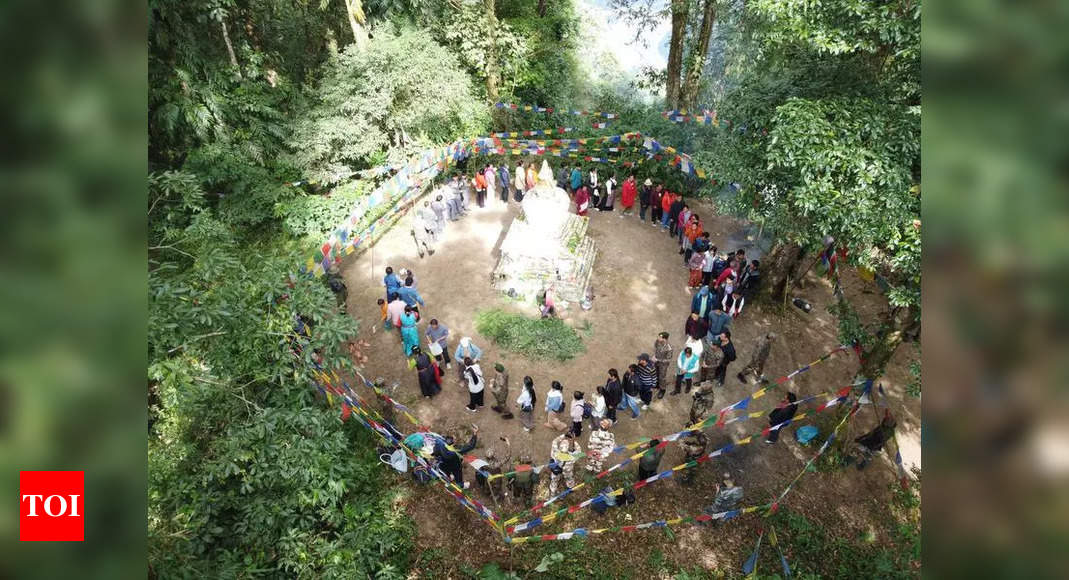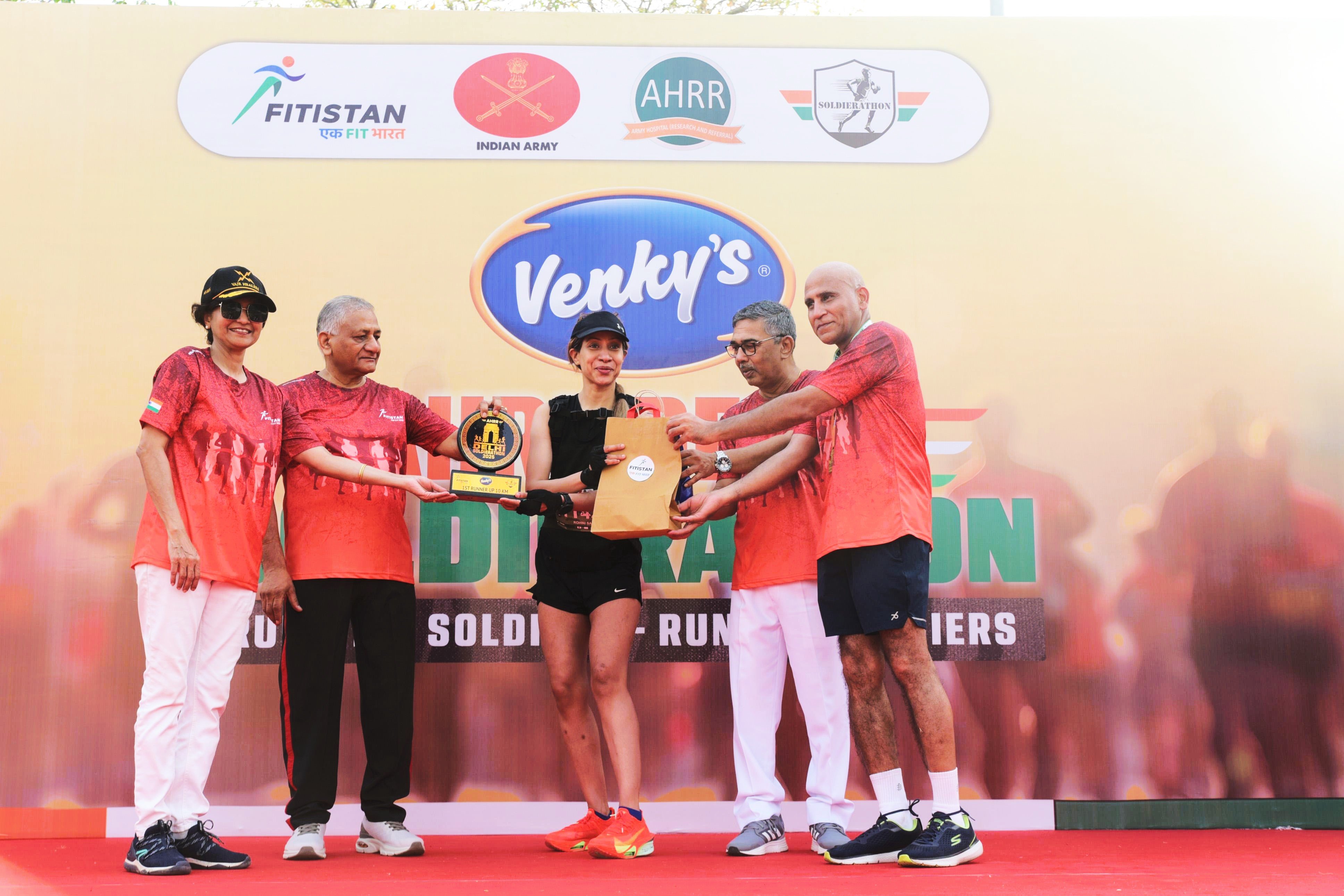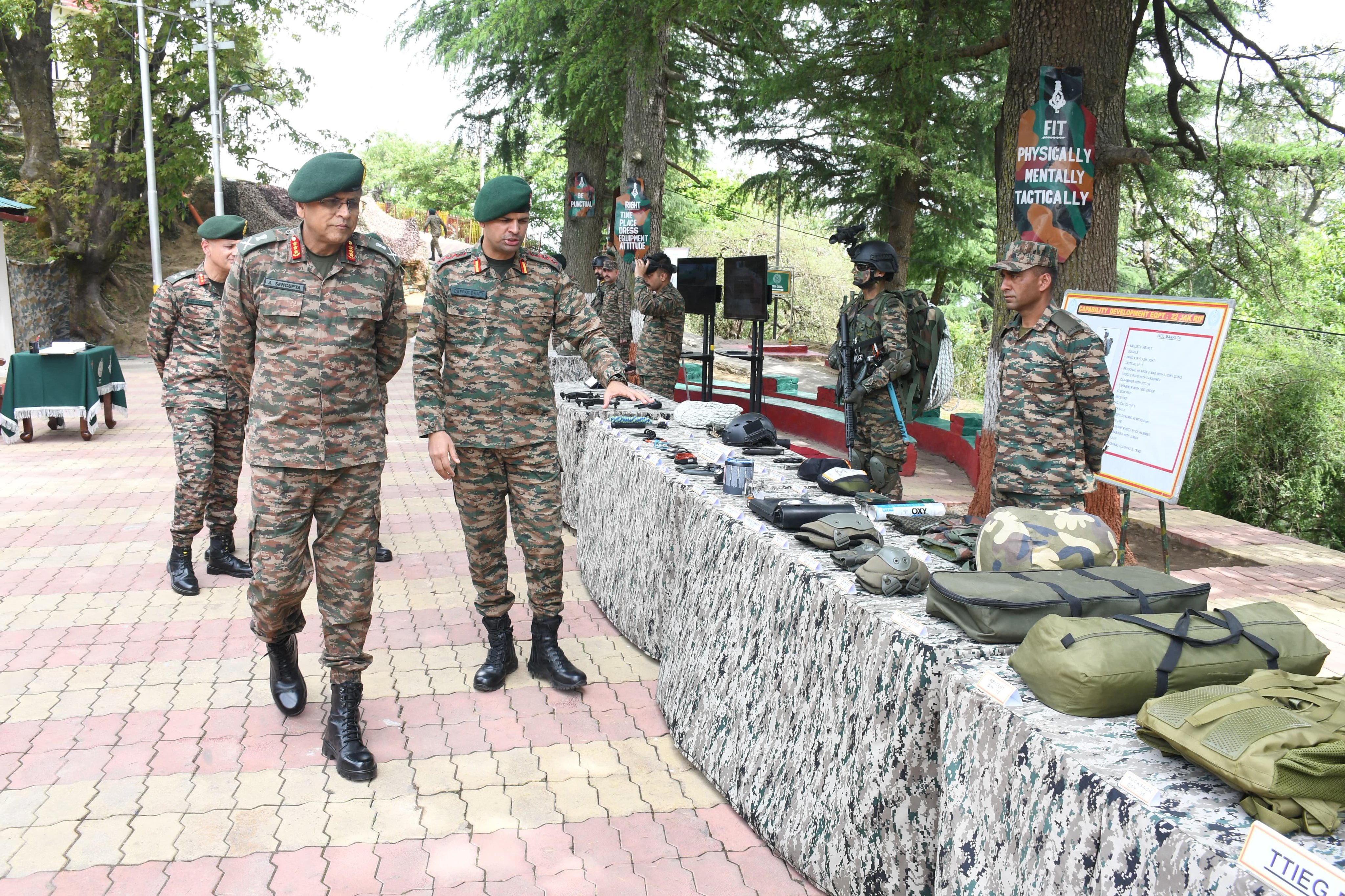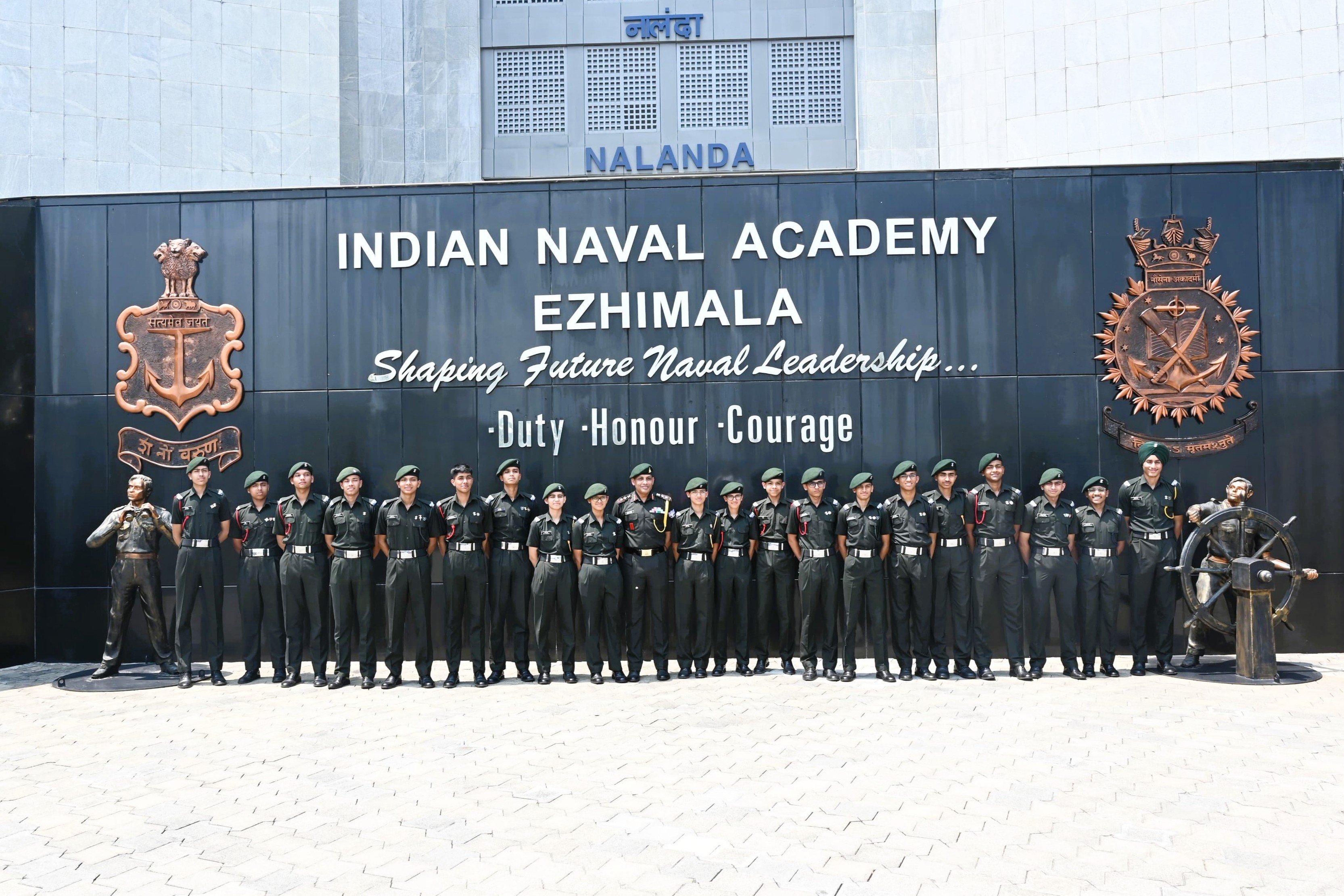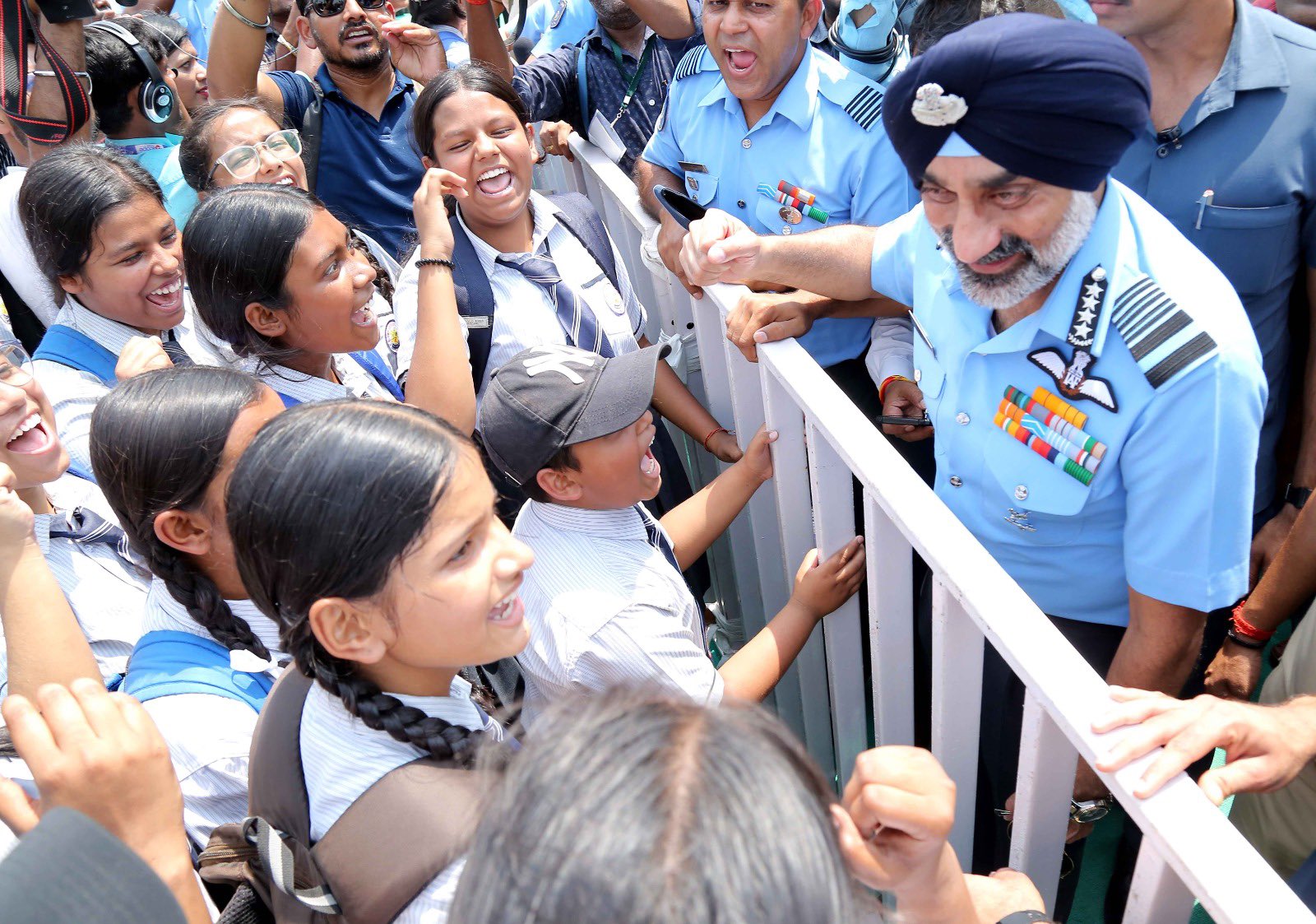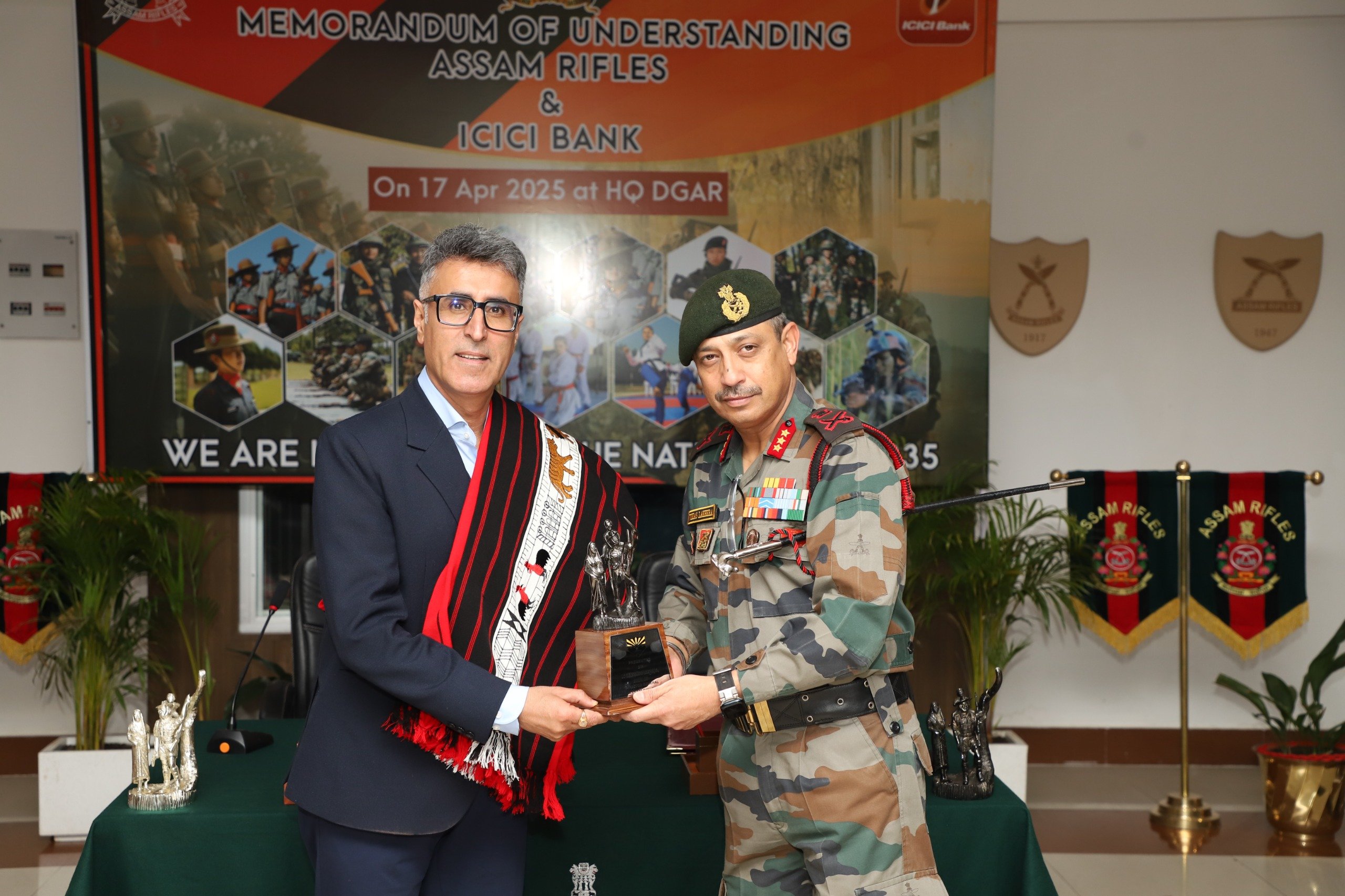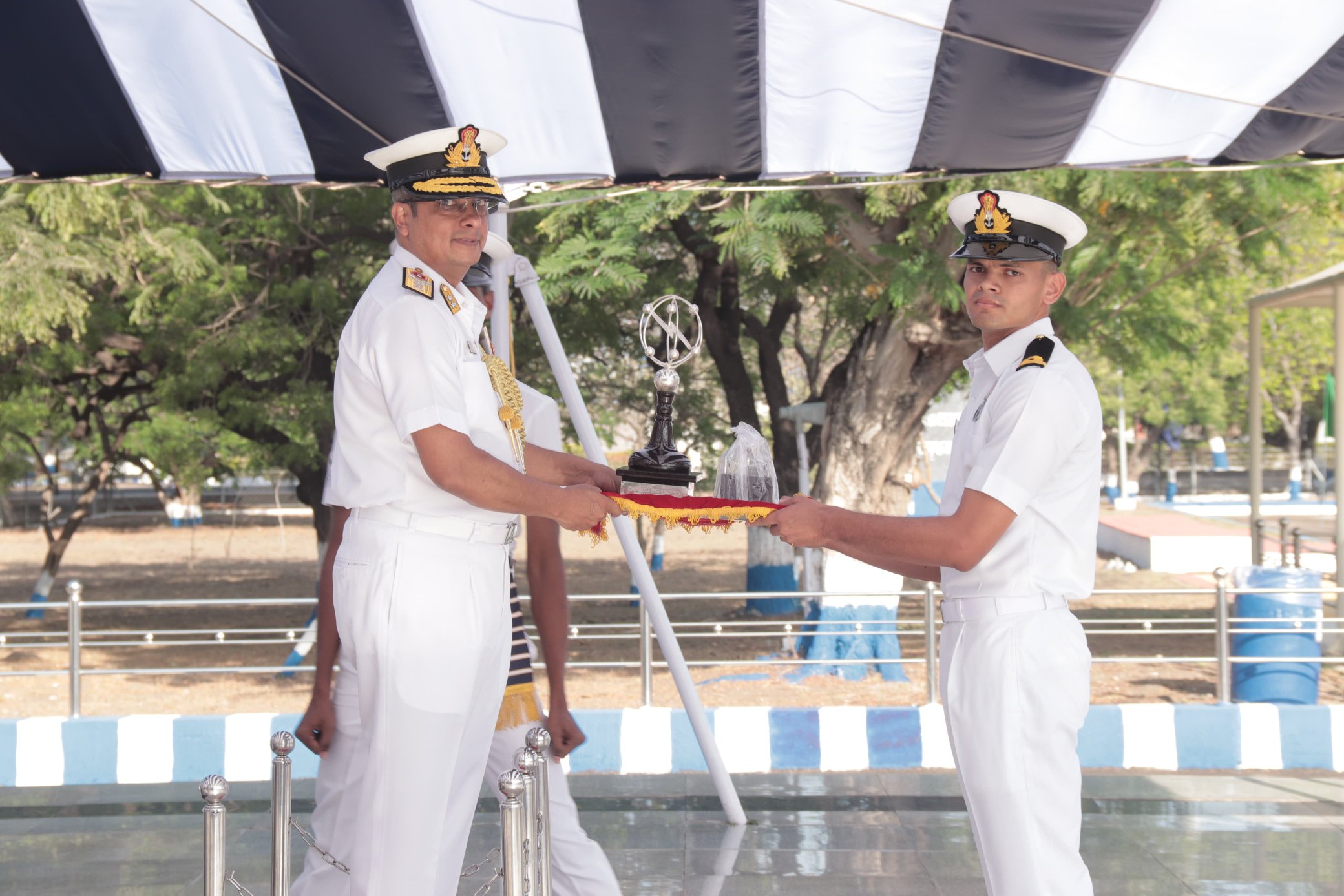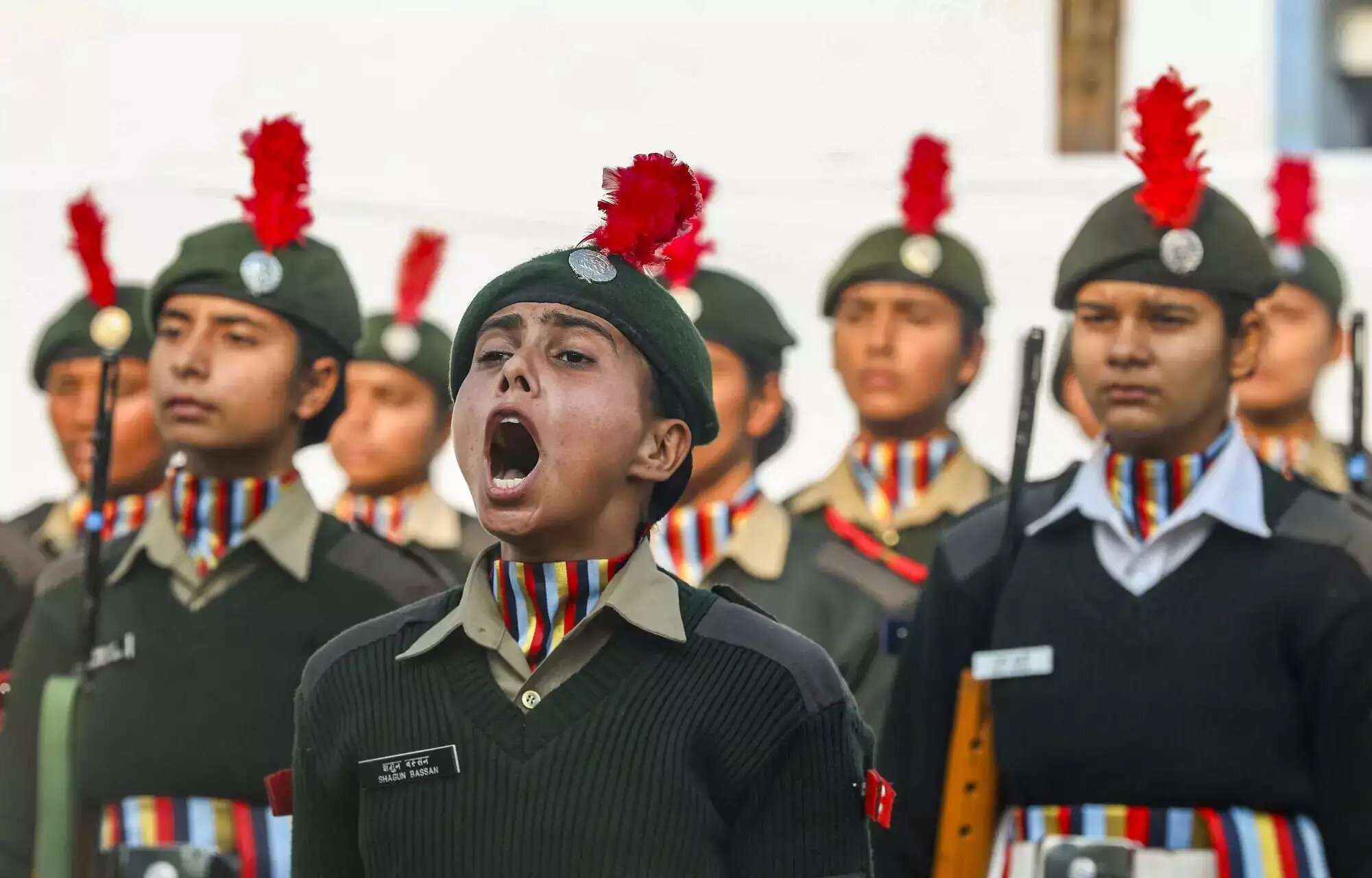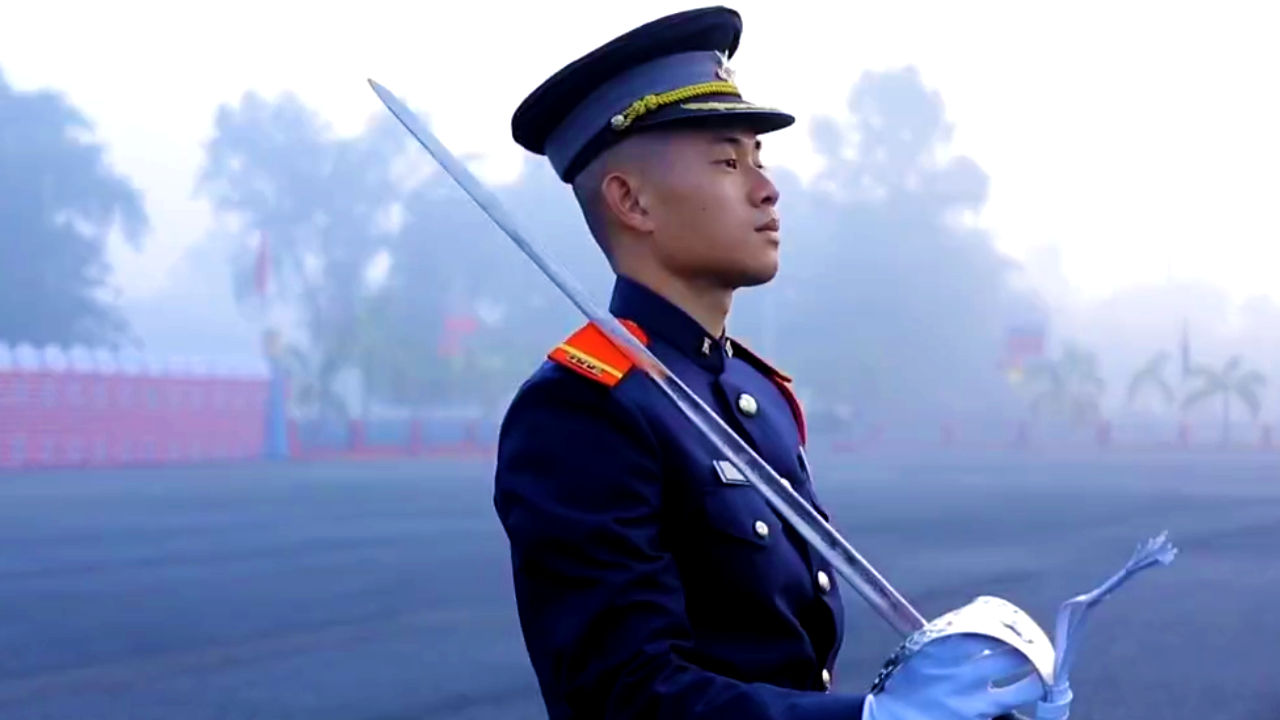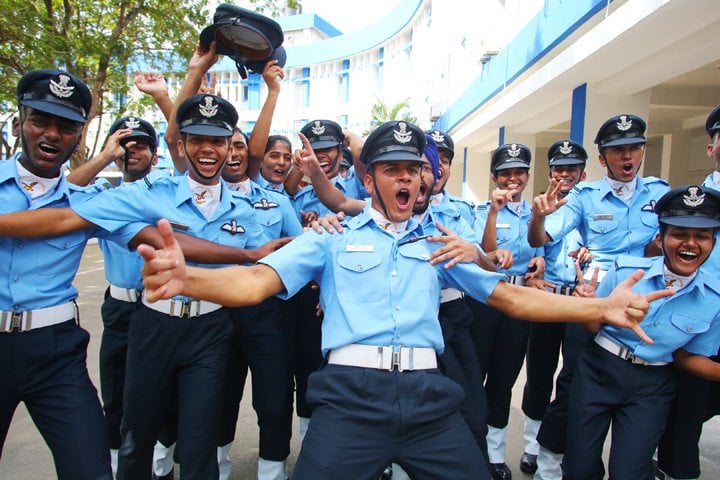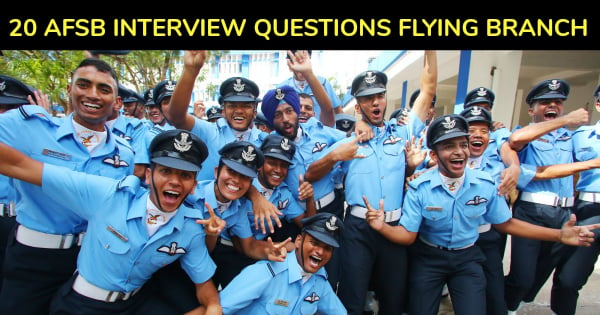In a poignant ceremony held recently at Gelling in Arunachal Pradesh, the Indian Army’s Spear Corps commemorated the annual Kepang La Day, paying heartfelt tribute to the heroes who lost their lives in the 1962 Indo-China War. This event, which took place in the upper Siang district, served as a reminder of the courage displayed not only by the martyred soldiers but also by the local villagers who stood resilient during the conflict.
The ceremony included prayers offered at the historic Gelling Monastery, a site that embodies the profound connection between the military and the civilian population in the region. The Army took the opportunity to acknowledge the invaluable contributions of local villagers, whose ancestors played a pivotal role in supporting military operations at the strategic Kepang La Pass during the war.
Kepang La, known for its rich history as an ancient trade route, has facilitated cultural exchanges for generations, allowing for the trade of Tibetan textiles, rock salt, and iron. The pass has been a witness to numerous acts of bravery throughout its history, most notably during the 1962 conflict when Indian soldiers heroically defended their position.
Among the fallen heroes remembered during this ceremony were Naib Subedar Sheikh Subani of the 2 Madras Regiment, along with other brave individuals such as Havildar B Ramalinga G, Sepoy Murri Raja, Sepoy Appa Rao, and Sepoy Ellias. Their supreme sacrifices, alongside the unwavering support of local residents like Late Sherab Memba—who was honored by then Prime Minister Jawaharlal Nehru—underscore the enduring spirit of resistance against adversity.
The bond forged between the Indian Army and the local community during the crisis remains a source of pride for both parties, reflecting a shared history characterized by valor, sacrifice, and mutual support. As the commemorative event drew to a close, it was clear that the legacy of those who fought and the villagers who stood by them continues to resonate strongly in the hearts of many.

